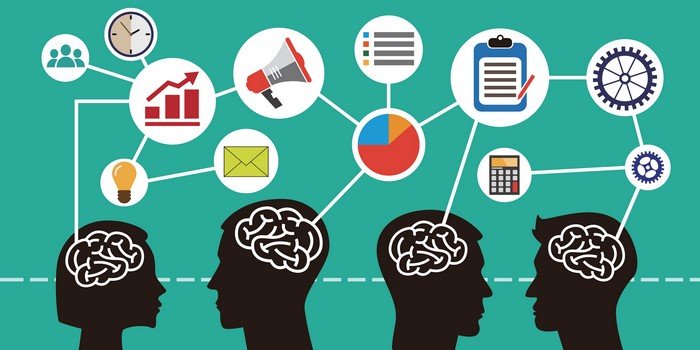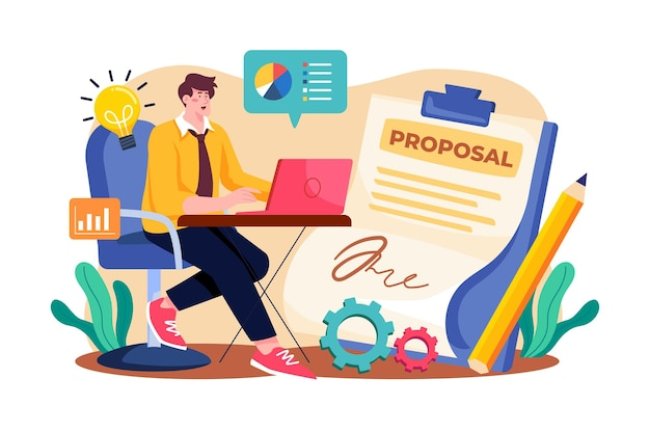Barriers in effective listening
Barriers in effective listening:- Communicative English

Barriers to Effective Listening
Listening is a key part of effective communication, but sometimes several obstacles prevent the listener from fully understanding the speaker’s message. These obstacles are known as barriers to effective listening.
Meaning of Listening Barriers
Barriers to effective listening are factors that prevent a listener from accurately receiving, interpreting, or responding to a message.
Types of Barriers to Effective Listening
1. Physical Barriers
These are external, environmental factors that hinder listening.
Examples:
- Noise from machines, traffic, or people.
- Poor seating arrangements.
- Physical distance between speaker and listener.
- Disturbance in communication devices.
2. Physiological Barriers
Barriers related to the physical or mental condition of the listener or speaker.
Examples:
- Hearing problems.
- Fatigue or illness.
- Headache or stress.
- Speech disorders.
3. Psychological Barriers
Mental and emotional factors that block listening.
Examples:
- Prejudice or bias against the speaker.
- Lack of interest.
- Emotional disturbance (anger, anxiety, sadness).
- Fear or nervousness.
4. Semantic Barriers
Problems caused by language, vocabulary, or symbols.
Examples:
- Use of technical jargon.
- Difficult or unfamiliar words.
- Misunderstanding due to different interpretations of words.
5. Cultural Barriers
Differences in cultural backgrounds that lead to misunderstanding.
Examples:
- Different communication styles.
- Body language misinterpretation.
- Accent differences.
6. Organizational Barriers
Barriers that occur due to company structure or hierarchy.
Examples:
- Too many communication layers.
- Improper channels of communication.
- Fear of authority preventing open listening.
7. Selective Listening
When a listener hears only what they want to hear.
Examples:
- Ignoring parts of the message.
- Paying attention only to points of personal interest.
8. Impatience and Distraction
When the listener is in a hurry or easily distracted.
Examples:
- Thinking of other tasks.
- Checking phone or other devices.
- Frequently interrupting the speaker.
9. Premature Evaluation
Forming judgments before the speaker finishes.
Examples:
- Assuming the outcome.
- Interrupting with conclusions.
10. Lack of Listening skills
Poor listening habits or untrained ears.
Examples:
- Daydreaming during communication.
- Not maintaining eye contact.
- Inability to focus.
What's Your Reaction?

















